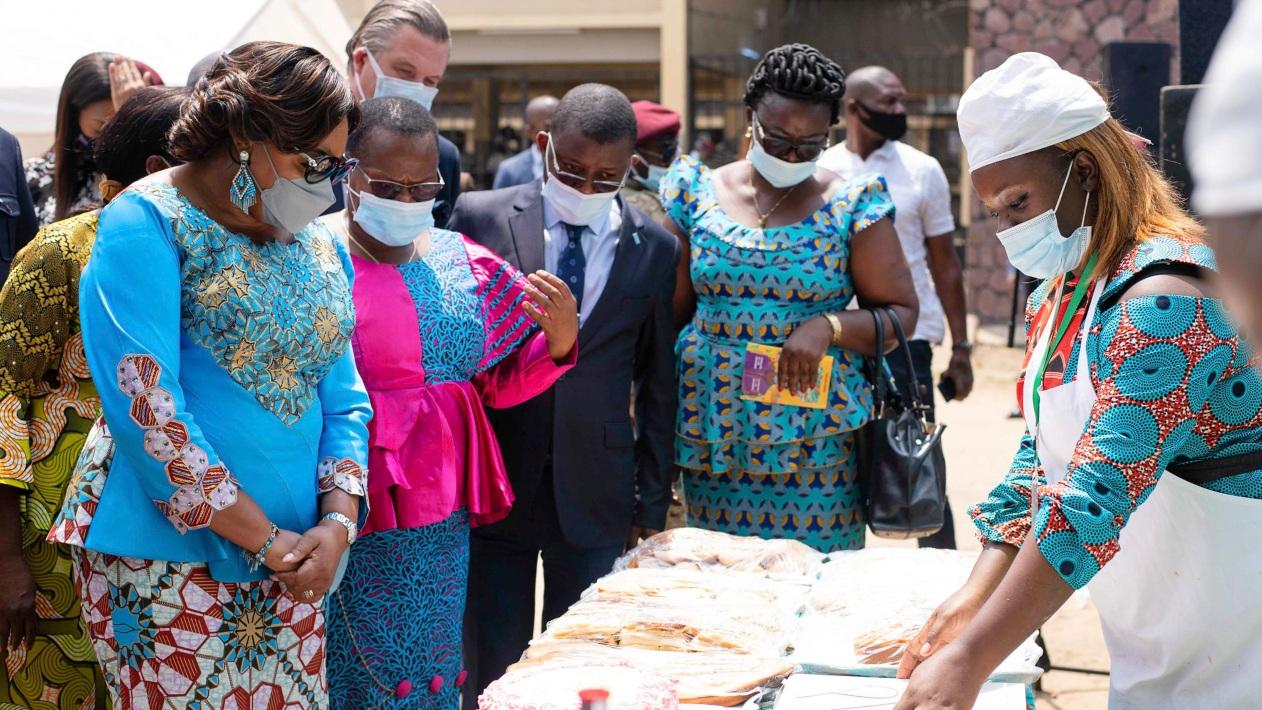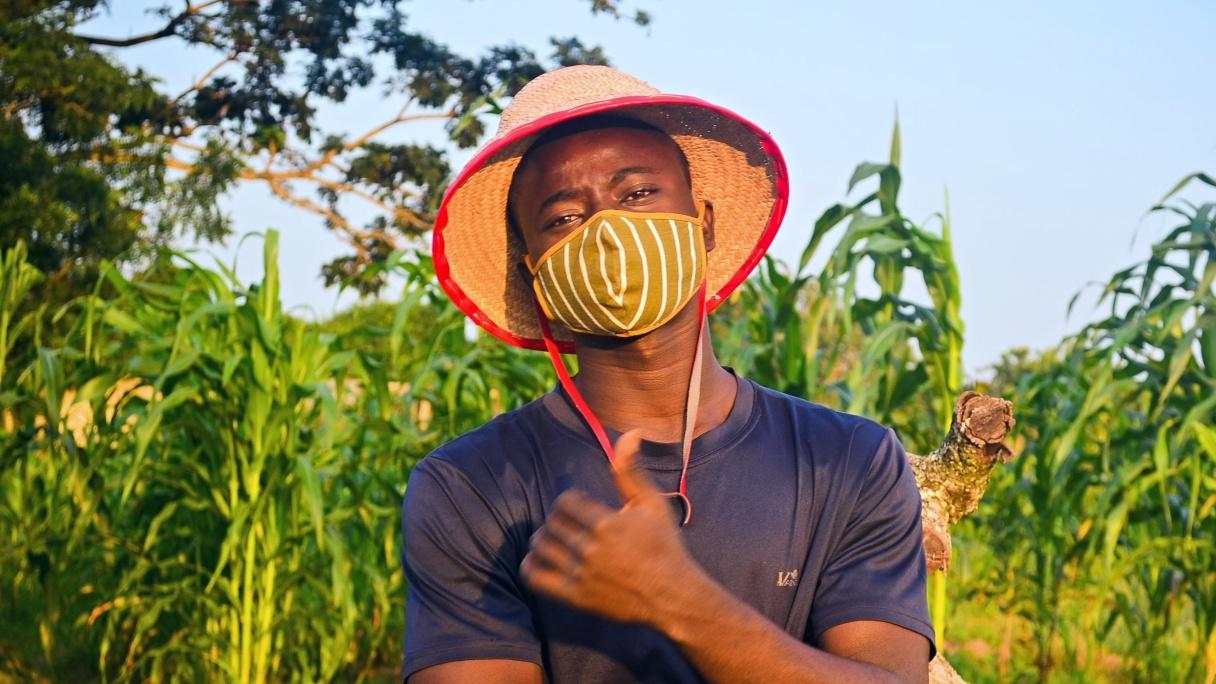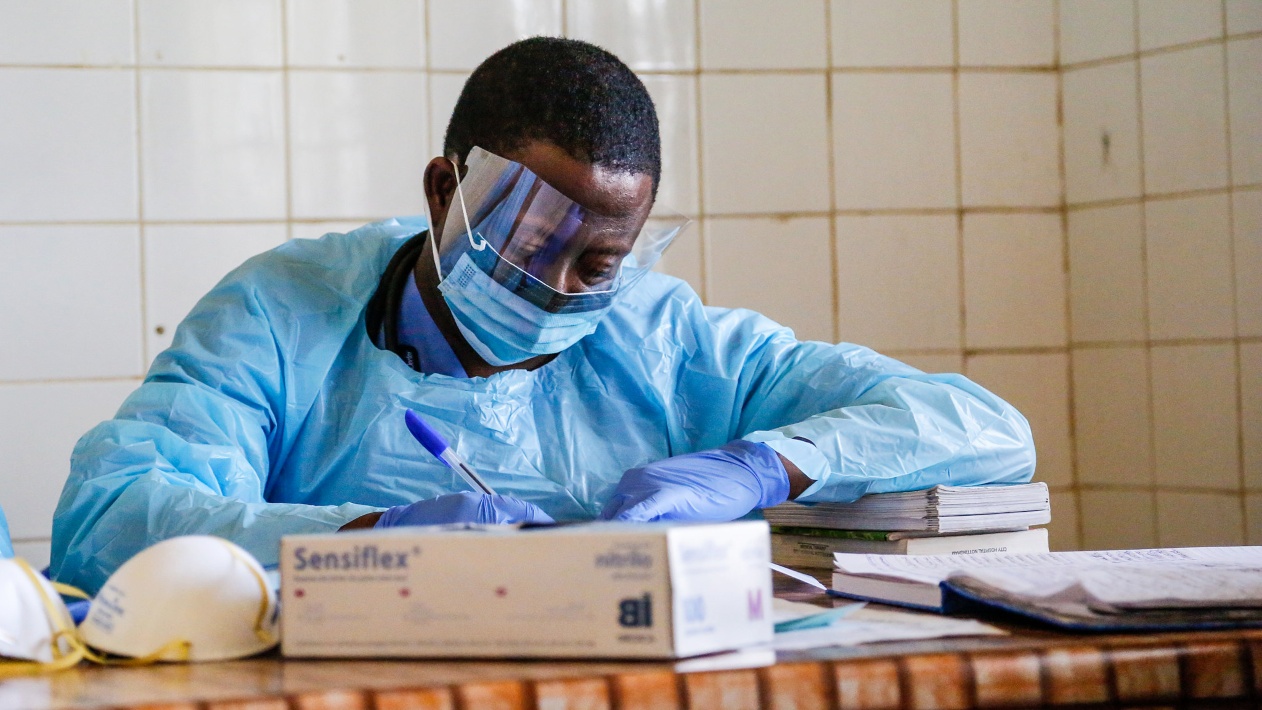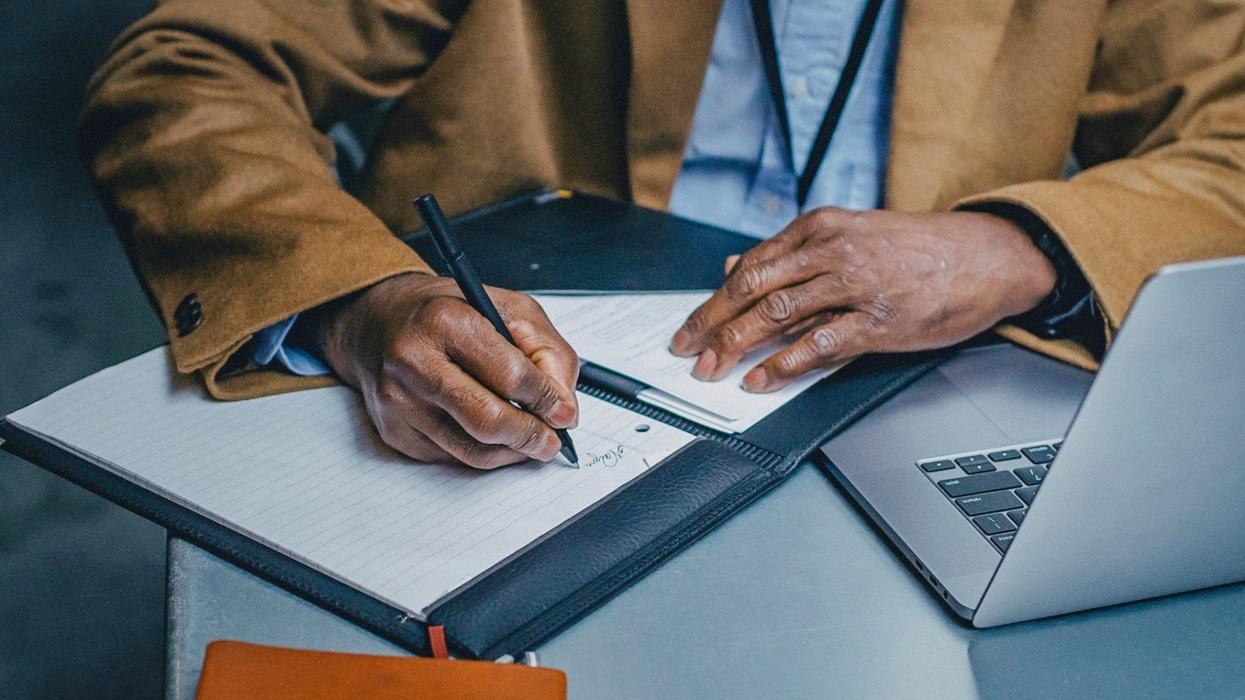During outbreaks of the COVID-19 pandemic in the eastern Democratic Republic of Congo, responses to the virus were affected by people’s distrust towards elites, international organisations and medical authorities. A long history of foreign interventions, colonialism and racist attitudes towards local populations are among factors driving these attitudes, with real-world effects on families in need of medical support.
Follow the series COVID-19 pandemic stories from the DRC and Sierra Leone.
On 18 March 2020 the President of the Democratic Republic of Congo (DRC), Felix Tshisekedi, announced a series of measures to limit the spread of the COVID-19 virus after health authorities registered cases in the capital city Kinshasa. When a State of Emergency was declared a week later, provincial authorities called for a lockdown in Goma and Bukavu, Marie-Noël’s hometown in the eastern provinces. ‘It is however impossible to imagine a lockdown in Bukavu’, Marie-Noël reflects, ‘as people live on a day-to-day basis’. Each day people have to go out to look for food. Some days you might be lucky; other days you gain nothing. Most people, especially in poor neighbourhoods, live in small wooden cabins covered with sheet metal, which becomes very hot during the day. Houses have no running water and are very poorly lit and ventilated. It is simply unthinkable to spend the day there. Moreover, the distribution of drinking water remains poorly organised, which families need to go out daily to get.
Sunday 22 March was the fourth day of lockdown, yet the markets and minibuses for public transport continued to operate. These are difficult to stop, because even though people are aware of the severity of the virus, they find it impossible to stay at home. ‘Our government is just copying stupidly the decisions made in white countries!’, people exclaimed during a heated exchange in a minibus, a ‘four-wheeled box’ where 20 people are huddled together.
Since 17 March, when several countries around the world imposed protection measures against the spread of the virus, the DRC did the same, despite being technically unprepared to deal with this invisible ‘enemy’. When the first victims in Kinshasa died, many Congolese continued to disbelieve the virus was real. Authorities adopted measures without explaining them to the population. People in the minibus exclaimed: ‘Was it necessary to look for ‘other’ people’s diseases? Why do others not share in our sufferings? We had Ebola, and we were alone, we had cholera, wars, and we were alone. And it is the authorities that have collected these diseases through their travels. If they could at least die alone and leave the people be!’.
Distrust as an historic legacy
Such outcries of distrust in relation to the virus remain common. There is a general perception that COVID is a disease of white rich people imported by Congolese elites and Westerners into the country. People distrust the government and see its orders of confinement as a way to attract funds. A small detour into history can shed light on why this is the case.
Since independence the Congolese state has not benefited its people. Resourcefulness or ‘debrouilardise’ has taken over: everyone tries to figure out how to get by on their own, without expecting much from the state. A kind of supranational authority has gradually been established: non-governmental organisations and the international community entered Congolese society in the late 1980s. Citizens discovered an alternative to the absence of a nation-state supposedly responsible for their security.
Those who remained attached to the ghost of a ‘state’ quickly understood the ‘converts’ to supranational dogma fared better than them. Unaware of how this other reality functioned, they look at it with suspicion mixed with envy. But over time, proponents of the state and the state itself began to adopt those mechanisms they initially found suspicious and use the funds of NGOs to solve problems that fall within their mandates but for which they lack the means. As a result, state sectors have become ‘partners’, if not ‘recipients’, of NGO aid.
When provincial or national authorities impose measures to protect the people, the population will consequently generally suspect a hidden plan to access funding related to the response. This marks both a lack of confidence in authority, power and elites, as well as a spirit of resourcefulness.
The effects of distrust today
Distrust towards authorities includes medical institutions and permeates families. For example, in July 2020, Marie-Noël recounts in her diary how her friend lost his paternal aunt. The aunt was being treated remotely, avoiding medical facilities for fear of being ‘given lethal injections’ and feeding ‘the authorities’ propaganda which states COVID-19 is real when the aunt believed it did not exist in Bukavu’. Her condition deteriorated and, on Marie-Noël’s friend’s advice, the family finally took her to the hospital where she died a few days later. At the hospital she was tested positive for COVID-19. The family was angry and refused to believe their mother had the virus. They began attacking her friend because he had suggested to take her to hospital. Worse still, Marie-Noël’s friend works in the provincial health sector and provides support to the response teams. ‘That’s the crime! He was considered a propaganda agent to generate cases of COVID, at any cost, on behalf of the provincial health authorities,’ she writes.
Distrust towards medical institutions has a long history. In 1965, Fanon wrote in the context of Algeria that Western medical science is part of an oppressive colonial system which produces ambivalence in the colonised. The colonised perceives the doctor, the schoolteacher, the policeman and so on ‘through the haze of an almost organic confusion … The doctor … is never a native doctor but always belongs to the dominant society and very often to the army’ (121). Mistrust and resentment towards medical authorities are thus historically constituted and expand towards the state and international organisations.
When in April 2020 two French doctors suggested on television that a potential vaccine for the coronavirus should first be tested on people in Africa, the colonial logic was obvious. Already during the 2019 Ebola outbreak in Beni, the Congolese Health Minister, Oly Ilunga, also claimed there was a war between pharmaceutical companies trying to introduce an experimental vaccine, which fed people’s fear they will be used as guinea pigs.
It is thus no coincidence Marie-Noël’s friend was accused of ‘manger le covid’, or ‘consuming covid’. Suspicions and distrust towards government and medical authorities should be situated within a long history of interventions, colonialism and racist attitudes towards local populations.
Photo: Goma, Nord-Kivu, RDC. Licensed under CC BY-SA 2.0.





